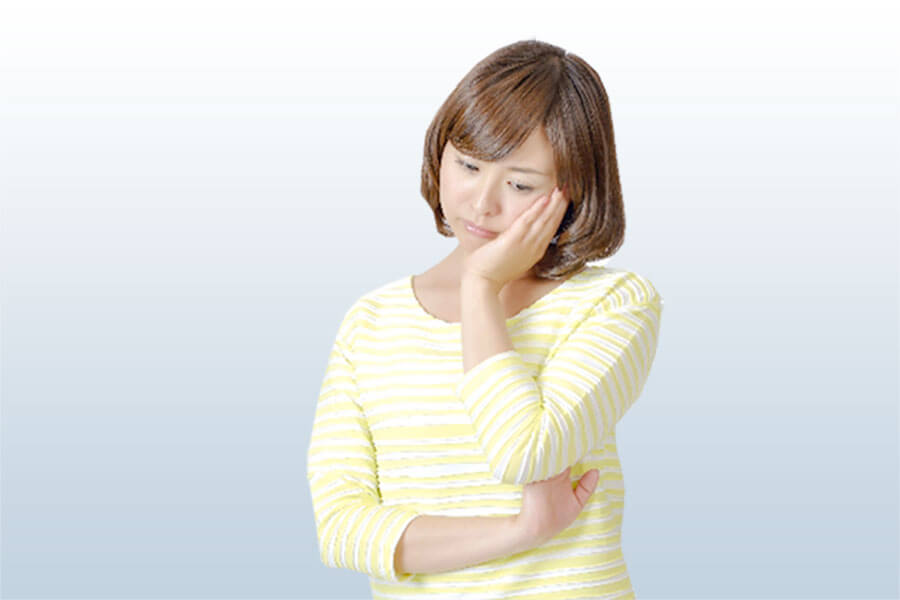Check even minor health issues thoroughly
Pre-menopause can cause changes in menstruation, fatigue, and skin problems starting in your 30s
Have you noticed changes in your menstrual cycle, feeling tired quickly, irritability, dry skin, or feeling cold? These could be subtle signs affecting your work and daily life.
Though these may seem minor, they might not seem severe enough to warrant a visit to the doctor.
It could be symptoms of pre-menopause. Traditionally, these weren’t taken seriously in medical practice, leaving many women untreated.
The shift towards treating these issues began thanks to doctors who listened to women’s concerns. Nowadays, there are more women’s clinics addressing these female-specific issues.
Women’s clinics are equipped to handle conditions often dismissed as ‘no abnormality’ in traditional medicine
Compared to our mothers’ generation in their 30s, today’s women face rapidly changing environments, with significant pressures both at work and at home.
Ideally, your 30s should be some of the most vibrant years of your life, but the long-term effects of stress, coldness, overwork, workplace worries, and irregular eating habits can take a toll on the ovaries, leading to these health issues.
Such minor ailments were often overlooked in traditional medical settings, dismissed as mere fatigue or imagination.
More recently, women’s clinics that take a holistic view of women’s physical and mental health have become more common, allowing doctors and patients to collaboratively discuss and solve health issues.
The treatment of pre-menopausal symptoms has become possible largely due to the advent of specialized women’s clinics.
From the late 30s, ovarian function declines, and women’s hormones decrease steadily
Hormonal declines lead to numerous symptoms.Pre-menopause refers to the period of experiencing various physical and mental health issues before actually entering menopause.
Menopause typically encompasses the decade before and after menopause (average age 51), thus symptoms of pre-menopause often start in the late 30s to early 40s.
However, it’s not uncommon for women in their early 30s or even 20s to start experiencing symptoms of pre-menopause.
In that sense, pre-menopause could be considered a phase where signs of approaching menopause begin to surface, even though it’s not technically menopause yet.
Symptoms of pre-menopause are like a quiet precursor to impending menopause.
So, why do symptoms of pre-menopause occur?
The secret lies in the ovaries.
The first organ to age in women is the ovaries.
By the late 30s, aging has already begun, and the hormones secreted by the ovaries steadily decline.
The various physical and mental discomforts that appear are due to this decrease in female hormones.
The symptoms of pre-menopause are characterized by their variety and instability.
It’s easy to mistake them for autonomic dysfunction, depression, or even a cold, as the symptoms fluctuate and change.
Factors causing ovarian function to decline include stress, overwork, and lifestyle habits, among others.
We will introduce ways to rejuvenate weakened ovaries and alleviate discomfort.


